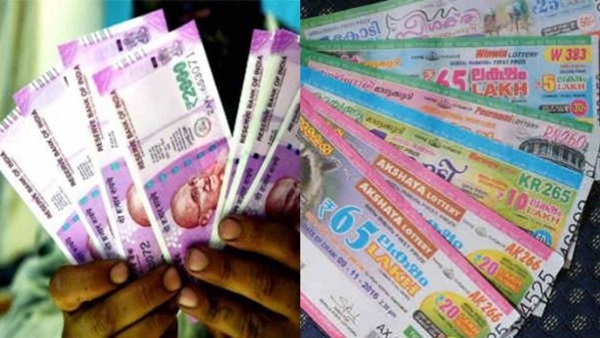The lottery is one of the most popular forms of gambling worldwide, captivating millions with the promise of life-changing prizes. From humble beginnings to a global phenomenon, togel macau have evolved, yet their core allure remains rooted in the tantalizing prospect of instant wealth. This article delves into the fascinating world of lotteries, exploring their history, impact, and the blend of chance and strategy that defines them.
A Brief History of Lotteries
The concept of lotteries dates back thousands of years. Ancient civilizations, including the Chinese and Romans, utilized lotteries for various purposes. The Chinese Han Dynasty (205–187 BC) is credited with using lotteries to fund major projects, including the Great Wall of China. Similarly, Roman emperors used lotteries as a form of entertainment at their banquets.
Modern lotteries as we know them began to take shape in the late 15th century in Europe. In 1569, the English government held its first state-sponsored lottery, raising funds for public projects. The idea spread, and by the 17th century, lotteries were firmly established in Europe and the Americas, serving both as a source of revenue and a method of distributing prizes.
The Mechanics of Modern Lotteries
Today’s lotteries come in various forms, from traditional number draws to instant scratch cards and online platforms. The most common lottery format involves selecting a set of numbers from a predetermined range. For example, participants might choose six numbers from a pool of 49. Winning depends on matching these numbers with those drawn in the lottery. The more numbers matched, the higher the prize.
Lotteries often feature multiple prize tiers, with smaller prizes for matching fewer numbers. This tiered system increases the chances of winning something, even if it’s not the jackpot. Additionally, lotteries may have specific rules, such as requiring numbers to be drawn in a particular order or offering additional bonuses for certain combinations.
Chance vs. Strategy
At its core, the lottery is a game of chance. The odds of winning the jackpot are usually astronomical, making it more a matter of luck than skill. For instance, in a typical 6/49 lottery, the odds of winning the top prize are approximately 1 in 13.98 million.
Despite the inherent randomness, some players apply strategies to improve their chances. While no method can guarantee a win, strategies include:
- Number Frequency Analysis: Some players analyze past winning numbers to identify patterns or hot and cold numbers. This approach assumes that certain numbers might appear more frequently, though it’s important to note that lottery draws are random and past results do not influence future outcomes.
- Syndicates: Pooling resources with others in a lottery syndicate allows players to buy more tickets, increasing their chances of winning. If the syndicate wins, the prize is shared among all members.
- Choosing Less Popular Numbers: By selecting less frequently chosen numbers, players may avoid sharing the jackpot if they win. While this does not increase the likelihood of winning, it can potentially increase the share of the prize if successful.
Economic and Social Impact
Lotteries have significant economic and social implications. Governments often use lottery revenues to fund public projects, such as education, healthcare, and infrastructure. In some regions, lotteries are a crucial source of funding for essential services.
However, lotteries also have their critics. Concerns include the potential for encouraging gambling addiction and disproportionately affecting lower-income individuals. Some argue that the odds of winning are so low that the lottery preys on the hopes and dreams of those seeking financial relief.
The Future of Lotteries
As technology advances, so too does the lottery industry. Online lotteries and mobile apps are becoming increasingly popular, offering convenience and a wider range of games. Additionally, blockchain technology is being explored for its potential to enhance transparency and fairness in lottery operations.
